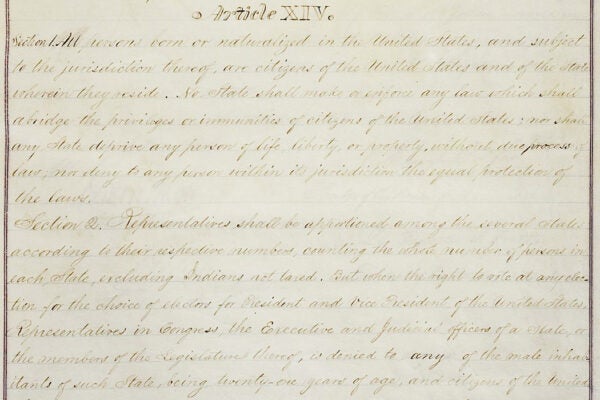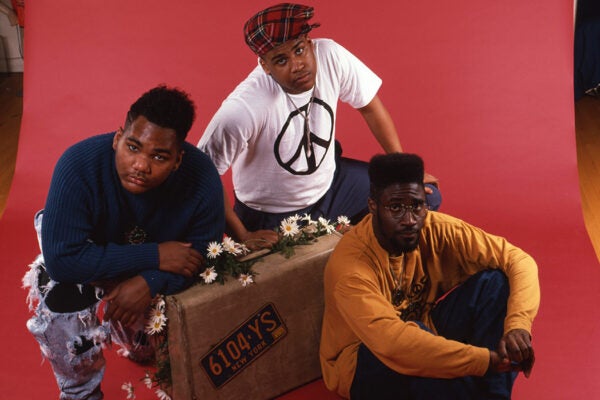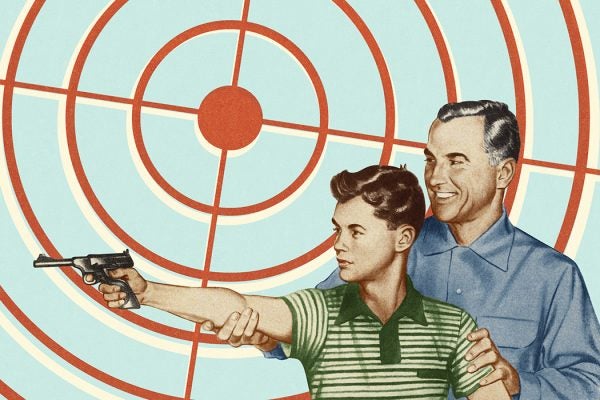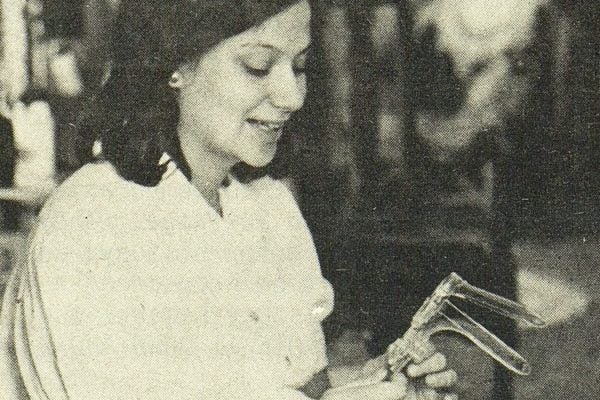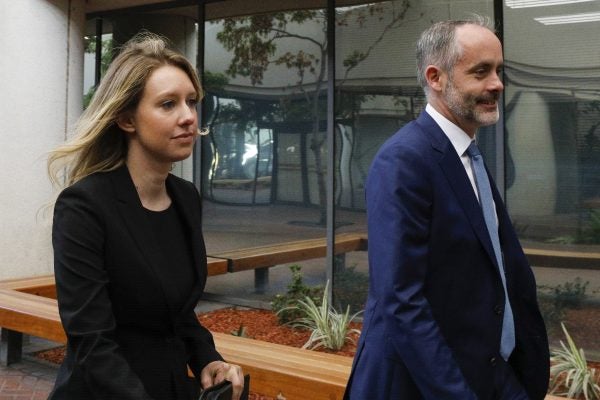First Comes Love
A top divorce lawyer collected strangers’ marriage certificates and other wedding-related ephemera—a testament to her perhaps surprising faith in matrimony.
The Fourteenth Amendment: Annotated
Adopted in 1868, the Fourteenth Amendment to the US Constitution addresses citizenship rights, due process, and equal protection under the law.
Brown v. Board of Education: Annotated
The 1954 Supreme Court decision, based on the Fourteenth Amendment to the US Constitution, declared that “separate but equal” has no place in education.
Musicians Fought the Law, and the Law Won—Sometimes
De La Soul are known for the effect their use of samples had on their music sales and availability on streaming sites. They’re finally streaming. Why now?
American as Apple Pie
How marketing made guns a fundamental element of contemporary boyhood.
See Jane Use a Speculum
In the pre-Roe era, a collective of women known as The Janes took reproductive health into their own hands.
Court Trials: The Plot Drives the “Story”
Trials create narratives that are "plot-driven." When judges attempt to see them as "character-driven," real people can be denied justice.
Writing Poetry in Prison as an Act of Resistance
A writer recounts her uncle's experiences writing poetry in prison and advocating for Indigenous rights. His death and his typewriter are intertwined.
Why Do We Have Cops in Schools?
In the mid-1970s, police officers were in only about 1 percent of US schools. That changed since the late 1990s.
When Sports Have “Death Waivers”
Obstacle courses can draw thousands of participants to a single event, but legal scholars say they need scrutiny.

